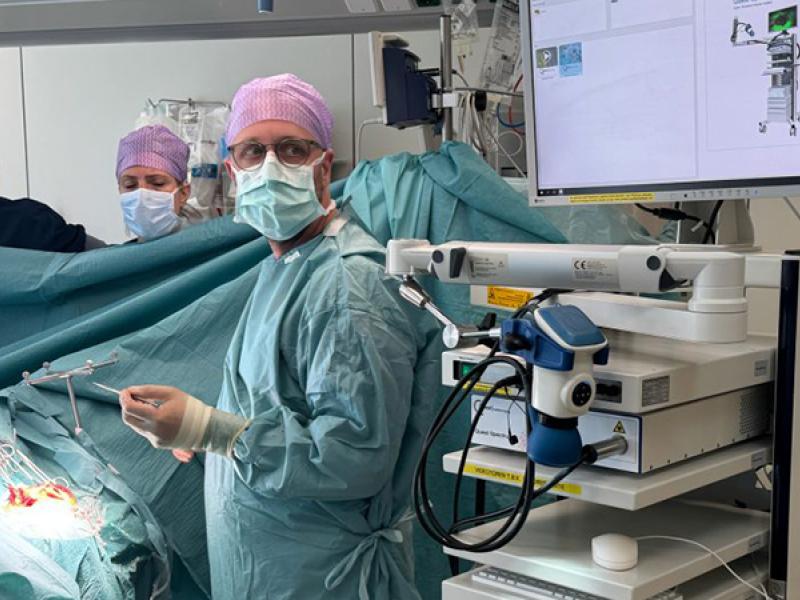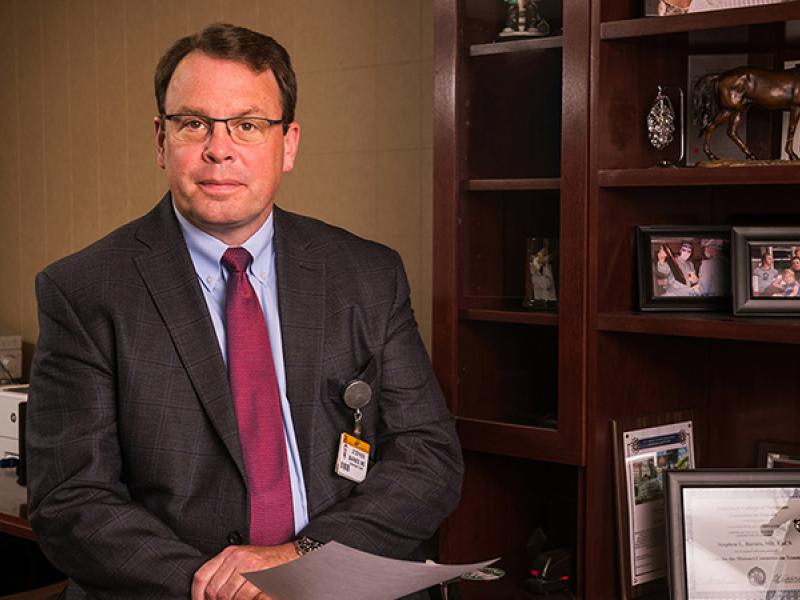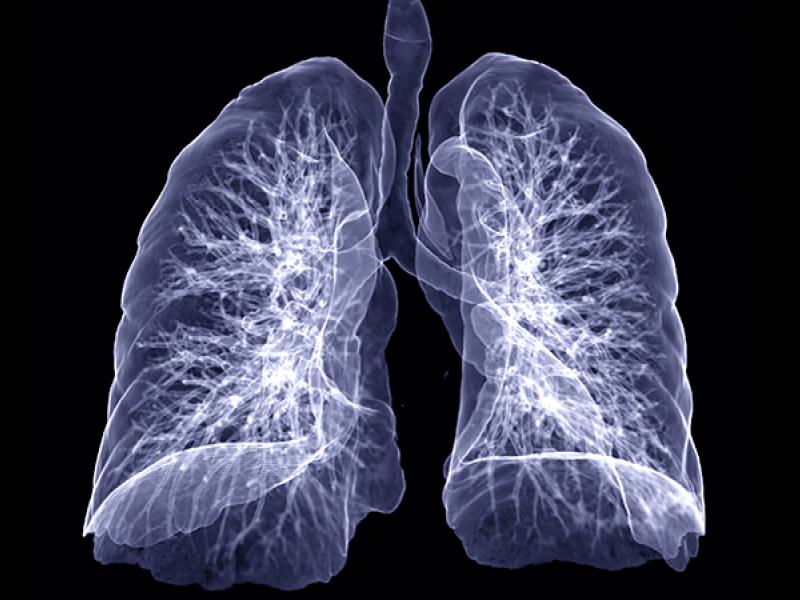Specialist clinical programs
- Complex aortic aneurysm treatment as part of the MU Aortic Disease Center. This collaborative multidisciplinary program treats aneurysms of the arch, thoracic and visceral aorta, as well as complex aortoiliac aneurysms.
- Procedures offered include EVAR, TEVAR, fenestrated endograft, IBD, Chimney/Snorkel (parallel)-EVAR, debranching and open thoracoabdominal repair.
- Cerebrovascular disorders, including carotid endarterectomy, transfemoral stenting and transcarotid artery revascularization (TCAR).
- Peripheral arterial disease and limb salvage. We use a variety of techniques, including directional atherectomy, Ocelot® crossing technology and Pantheris® atherectomy, as well as distal pedal and alternative access for critical limb ischemia. We perform a large number of complex limb salvage operations and believe strongly in the role of distal bypass surgery for peripheral arterial disease when indicated.
- Dialysis access, including the management of failing and complicated access. In addition to standard arteriovenous access, we perform a number of revision procedures for steal syndrome and additionally provide peritoneal dialysis access.
- Venous disorders including the use of radiofrequency ablation (RFA), perforator treatment and ambulatory phlebectomy. We also specialize in complex iliocaval reconstruction with IVUS and venous stenting including May-Thurner Syndrome, Nutcracker Syndrome and Pelvic Congestion Syndrome.
View Vascular Fellowship videos
Conference schedule
- Vascular Case Conference — 4:30-5:30 p.m. each Friday: This conference views cases for the upcoming week, discussed in a way that assists in oral board presentation.
- Vascular Didactic Conference — 5-6 p.m. on the first Monday of the month: This conference is geared toward didactic review of VESAP questions and preparation for Board.
- Combined Vascular Surgery and Cardiac Surgery Mortality and Morbidity Conference — 5-6 p.m. Thursday once monthly: All M&M cases are presented and discussed by cardiothoracic and vascular faculty.
Research opportunities
- Fellows have the opportunity to become involved in projects in clinical, outcomes and basic science research through our collaboration with cardiology and family practice.
- Presentation at a national or regional meeting is highly encouraged.
- A research team, including grant-funded mentorship, IRB coordinator, grants manager and a dedicated research nurse are available to assist.
Meetings and continuing education
- Cardiovascular Fellows’ Bootcamp: First-year fellows are offered the opportunity to join this two-day course in Houston at the start of the fellowship.
- A Comprehensive Review and Update of What's New in Vascular and Endovascular Surgery (UCLA Moore Course).
- Online review through Pegasus Lectures to prepare for the Registered Physician in Vascular Interpretation (RPVI) program.
- In-service and Board preparing through SVS Vascular Education and Self-Assessment Program (VESAP).
- Attendance at major national and regional meetings (SVS, SCVS, VESS and MVSS) to present research and participate in mock orals.





